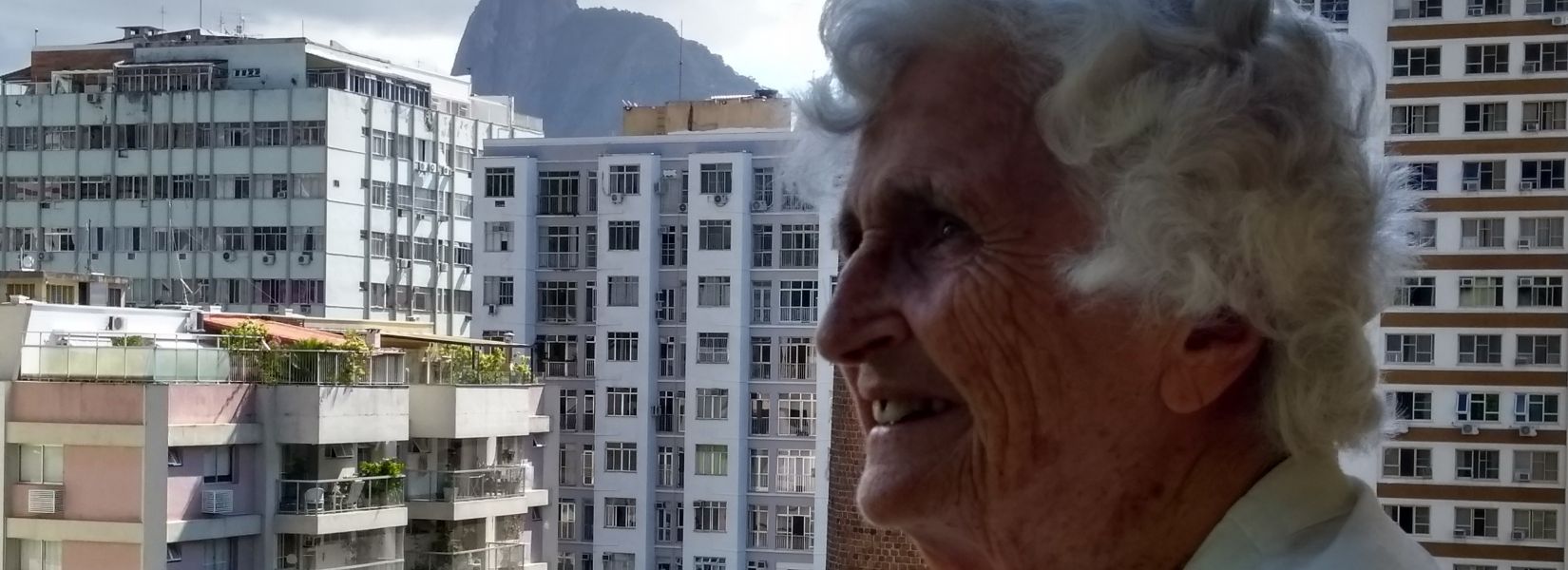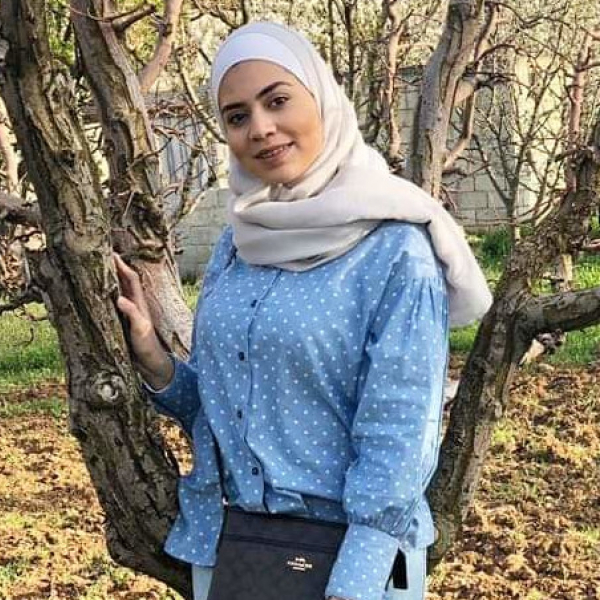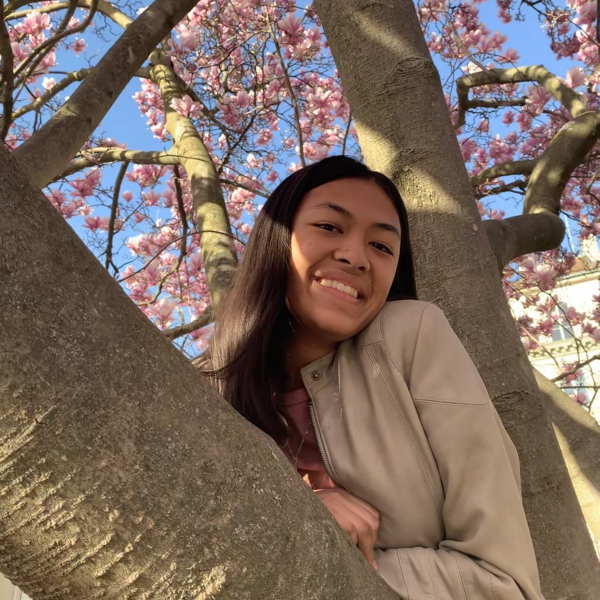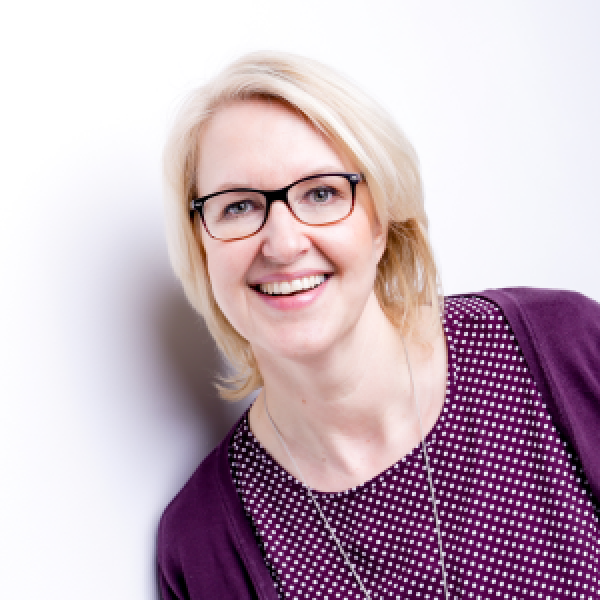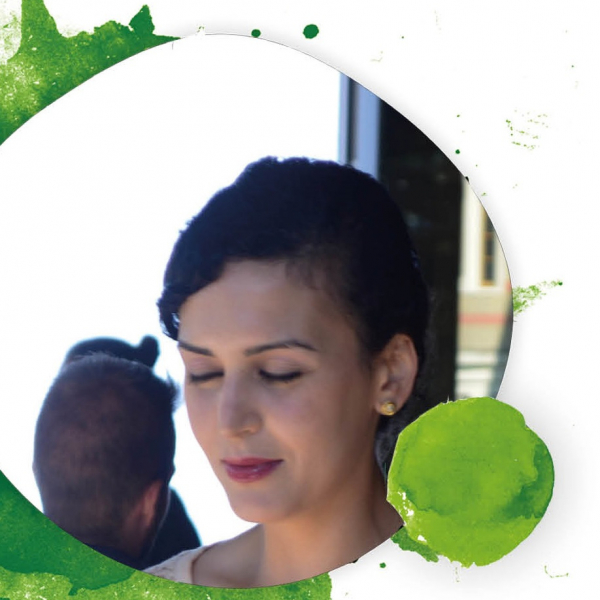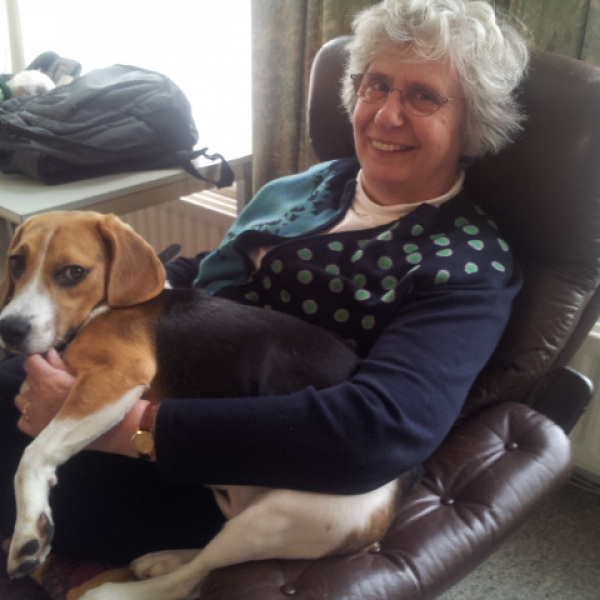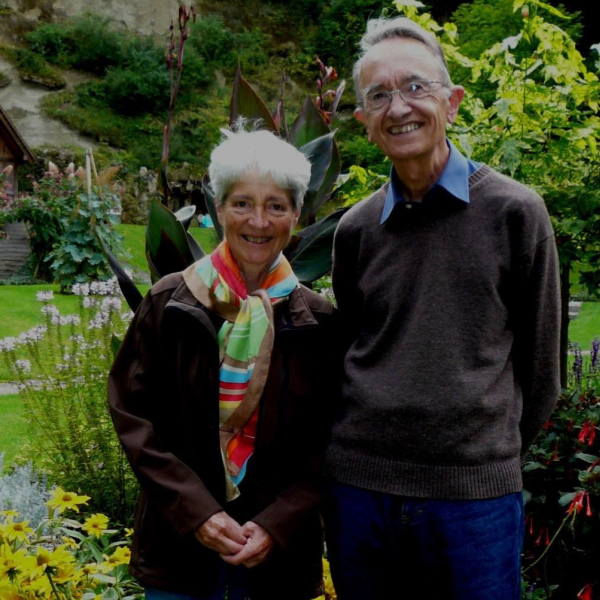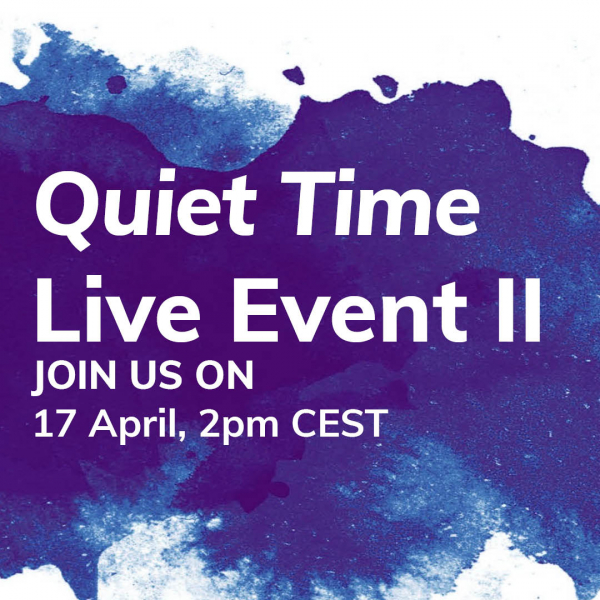What COVID-19 is teaching me: Elsa Vogel, UK
31/03/2020
Elsa Vogel (94) lives in the United Kingdom and has been part of IofC for many decades, working and living extensively in South Amercia. The COVID-19 crisis is a global challenge for people from all over the world and all walks of life. Discover how COVID-19 has changed her daily life and which lessons she has been drawing from this experience.
What is your current situation? How is the spread of Covid-19 impacting you?
I am totally isolated in my flat which is located in a building for retired people who are still able to go on living independently.
Now all gatherings have been banned, we have to stay in our own flats. We can go out for food, to the pharmacy and for exercise which I do every morning.
Describe in 3 words how you are feeling now.
I feel at peace now but a few days ago I was very rebellious about all the rules and impositions. Calm and peace have come back as I understand the seriousness of the situation as I had to understand it during the Second World War under the Nazi occupation for 5 years. Also, I am so grateful that I have come out of the situation alive.
I feel fine right now and so touched by all the messages, from Latin America especially where my husband and I spent 40 years with the work of IofC.
What is your biggest challenge at the moment?
Not to see my friends and talk with them, especially the ones in the building. We were just beginning to be good friends with some new people who have moved in and to see together how we could help our community to live these days of uncertainly with a great sense of peace - especially to let go feelings that sometimes come between people of different classes and different races.
What are the lessons you have already learned from this time?
One important lesson has been to decide not to blame or criticise our government, of which I am not a fan especially as they have taken us out of Europe. Now I see that they do have an enormous task to grapple with and they need my support and my care.
Do you practice quiet times? If so, what is your practice and how does it help you?
Yes, I do, since I met MRA/ IofC in 1945 and it has been like a rock to keep the purpose of my life flowing from my mind and my heart. Also it helps receive the correction I need so badly. What I do to practice is, first every morning, I keep one hour to meditate. Some part of it is to pray for different friends and some for the countries of the world which are suffering so much.
The rest of the time is to listen to God’s whisper. Some can bring real inspiration, other whispers are to apologize to other people or simple correction.
What are your best trick and tips to fight anxiety, uncertainty and loneliness?
I must be honest: I do not feel anxious or lonely. Naturally I miss my husband as it was a joy to have a companion with whom you can speak about many things. About uncertainty - I don’t know what to say really. What I have learned during the War is that nobody knew when it would end. The important thing we learned was to go on caring and backing the Resistance forces and also go on caring for the Jewish families. Suddenly at night, the young children or parents were taken by the Gestapo and sent to the Death Camps.
As a Girl Guide Leader some of my girls were from Jewish families and suffered very painful times. For instance, two sisters had their father, who was a medical doctor, taken one night and, until today, they have never heard where he was taken or whether he has died. The one thing somebody told them was that he may have been sent to the Gulag in Siberia to be a doctor there. But they didn’t know if he was still alive or if he was killed. It is quite a thing to bear.
And now here, at this moment, we don’t know how long this pandemic will go on. We just need to continue caring for each other in the best way we can.
How can we connect with others and support them when we have to barricade ourselves in?
Well, for those who have WhatsApp, computer and smart phone, these are a great help and I am grateful to have all of them. Also, in my building, I meet some of my neighbours when I walk into the corridor and it is a chance to give a smile, a warm hello and ask them how they are doing.
What made you laugh today?
Today there was nothing that especially made me laugh but let me tell you about Thursday evening. It was decided that the whole of Britain would go out into their garden, on the balcony or at their window to clap very loudly to thank the NHS service for the marvellous work they are doing. I laughed with joy to hear all that clapping but it was also for me a very deep and moving moment to see the whole nation being united in that way after so many divisions these last three years.
How would you like to emerge from this crisis?
I would like to emerge a totally different person - one who knows what the important things are that I should keep and which I should drop. I also need to become a much more patient person. The main thing I hope to learn is a love and care for people which has nothing to do with duty, and even for some who are difficult to love. As a woman of faith, I always feel my duty is to care but I want to experience something much deeper which happens in my heart and radiates all round. And I want to find new feelings for people who I may find difficult to love.
What are you grateful for?
I am grateful for a very loving Divine Father who revealed himself to me when I was fifteen at a time when I was very hurt and rebellious about my dysfunctional family. It was a real gift. And I was very grateful to have met MRA/IofC at the age of 19. I learned the philosophy of listening to the inner voice in your heart and took seriously, with difficulty at times, the challenge of absolute moral standards as a guide.
But then I would like to tell you more. When I was a student in Paris and during the struggle for the liberation of Paris from Nazi occupation, I could not go home and I stayed with a friend’s family. After 3 days without food – just a potato each – my friend and I were in a queue outside hoping to get some vegetables. They never arrived but what came was a little Volkswagen with two Nazi soldiers. One soldier got out and attacked the whole queue with a machine gun. My friend and I were the last ones in the queue. And when the solider pointed the machine gun at us, there were no more bullets. Amazing to be alive! We were the only ones left standing. So, you will understand that I often have an immense surge of gratitude in my heart to be alive today at nearly 95.
